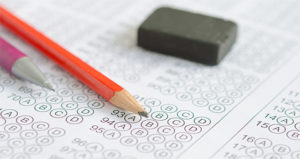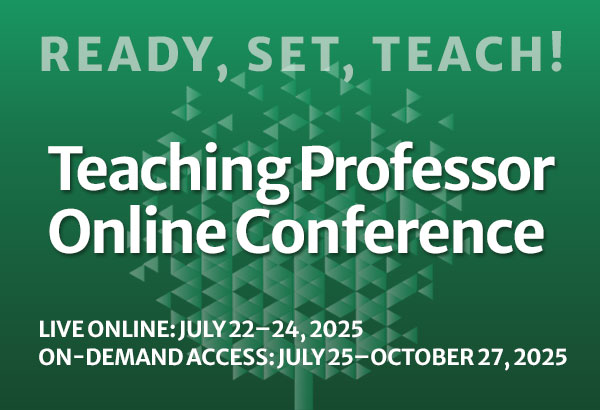
Group Exams and Quizzes: Design Options to Consider
Although still not at all that widely used, there’s long-standing interest in letting students work together on quizzes or exams. Upon first hearing about the approach, teachers’ initial response is almost always negative. Here are the most common objections.
- Grades are measures of individual










